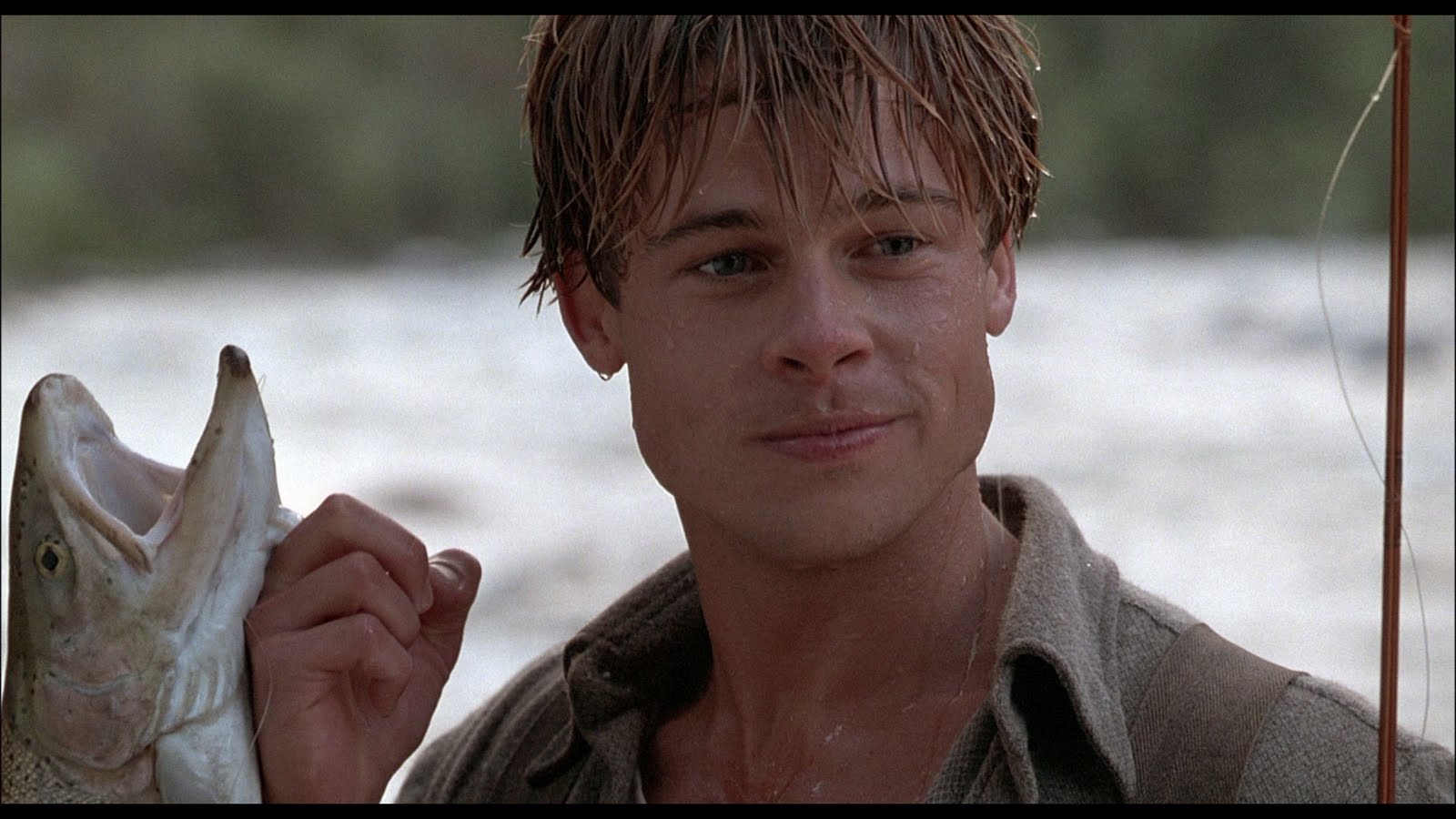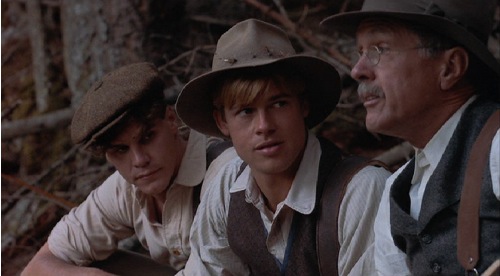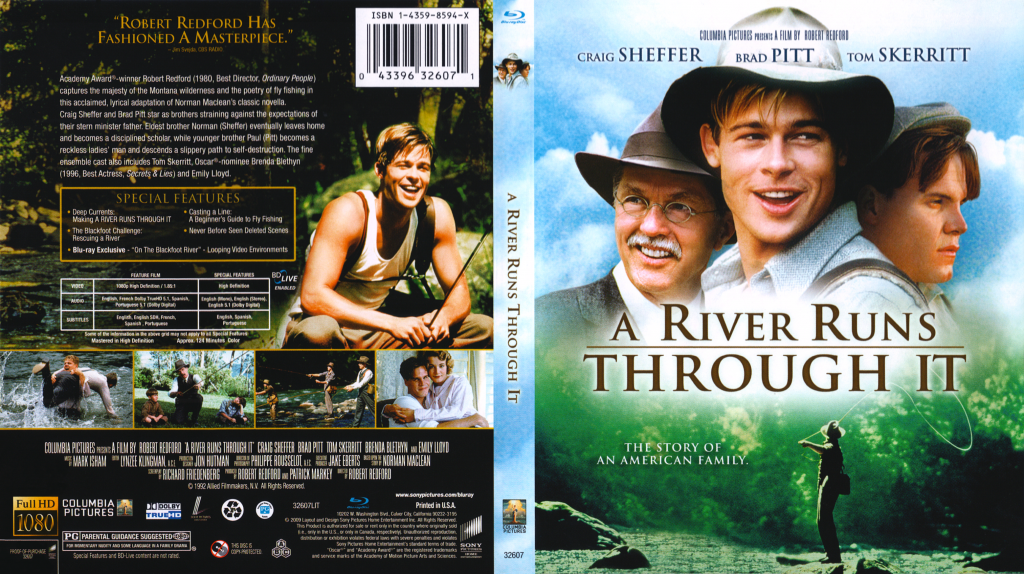

At the core is the frustration of the often-futile attempt of trying to help another or trying to save a loved one from their self-destruction.

Set in the Montana of Maclean's youth, he paints exquisitely vivid and beautiful word pictures of a land and water and family now gone. On the surface, the title story is his recollections of his father, a Presbyterian minister, and his troubled but talented brother, with whom he fished.

The book is actually three short stories but the focus is clearly on the novella "A River Runs Through It". Norman Maclean began writing late in life, passing away not long after penning this extraordinary piece, depriving us of his gift just as he arrived.

White, specifically the ability to take something concrete and mundane, like fly fishing or packing mules for a 3-day walk into the Montana mountains, and, with the lyricism and beauty and skill of his writing, make it soar into the ethereal world of Universal Truth.Don't believe me? Read it and see for yourself. And, get this: even the Acknowledgments section is worth a careful read it reads like another essay, in itself.Normal Maclean, to me, seems to have some of the attributes of E. Maclean used his teenage experience working for logging operations and the US Forestry Service as the foundation for a couple of the other loooong stories included in this collection.
#A river runs through it movie
Of course, the title story in this rather small book, A River Runs Through It, is known to the majority of literate people in the US, and not just because of the marvelous movie made from the novella. But then, when I read the writing of someone like Normal Maclean, I consider throwing in the towel in recognition of the fact that, no matter how long I try, I'll never write that beautifully. I'm a writer, and occasionally I write a sentence or paragraph - or even several pages, now and then - that I think read quite well. Maclean writes of simple truth with such humanity that even taken alone, "A River Runs Through It" forces one to include Maclean among the great American authors, and stands as a testament to both its truths and its author. A long list of titles does not a great author make. It is a shame Maclean didn't write complete more writing between the publication of "River" and his death ("Young Men and Fire" being published posthumously and in a somewhat ramshackle shape), but it is also perhaps fitting. The story has humor and poignancy, and is undeniably powerful. But what of the story itself? It is, as others say, more than a 'fly-fishing' story, and it expresses truths so simple and fundamental that they remain elusive despite their qualities. This allows "A River Runs Through It" to reveal a story of surprising depth and meaning while still remaining, as Maclean writes in his introduction, "Western." There is no mistaking the story as anything but a western piece of literature the sparse and rhythmical style Maclean uses mirrors the themes and content of his work the careful simplicity of the prose mirrors and emphasizes the careful simplicity of the story, in a similar fashion to how Fitzgerald's decadent style mirrors and emphasizes his own Jazz-age tales. The style and sound of Maclean's work is unparalleled. Part of this arises from Maclean's uncanny sense of rhythm he writes of the rhythm of fly-casting, and his prose has a rhythm just as meticulous as that of the proper casting a rod. But there is something more, I think, in Maclean's story than is to be found in most of Hemmingway's works. Maclean's prose is sparse, and in this it is easilly comparable to Hemmingway's. "A River Runs Through It" is a remarkable work of art, and, to borrow a turn of phrase from Maclean himself, one of the best examples of "the pure and the good" of American literaturen there is to be fouundn.


 0 kommentar(er)
0 kommentar(er)
